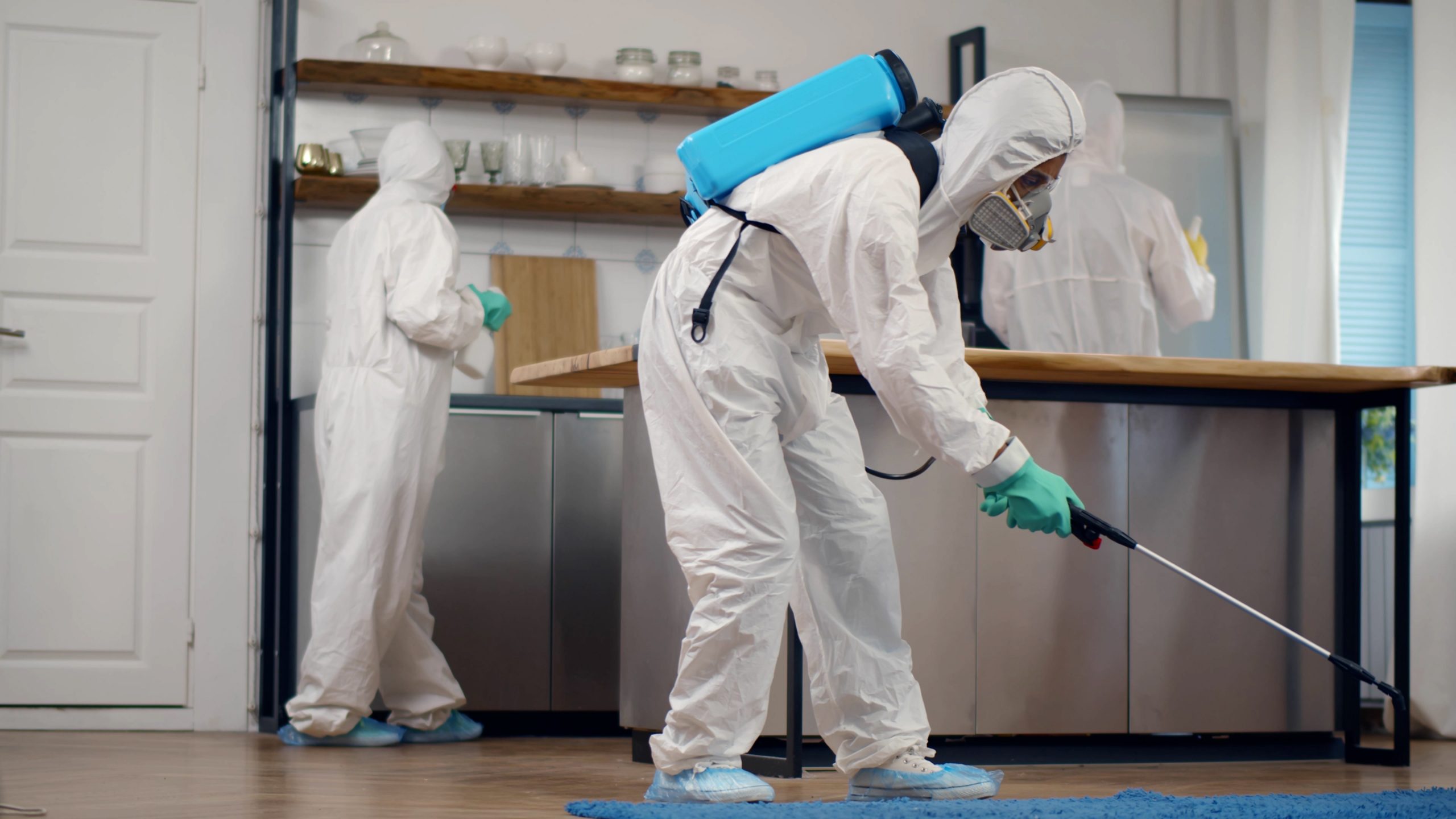Trusted Pest Control Near Me: Quick and Reliable Solutions!
Trusted Pest Control Near Me: Quick and Reliable Solutions!
Blog Article
Specialist Bug Control Techniques for Long-Term Results
Professional pest control strategies envelop an extensive technique that begins with a thorough evaluation and assessment, complied with by accurate bug recognition to recognize their actions patterns. The execution of Integrated Parasite Monitoring (IPM) concepts, paired with eco-conscious treatments, develops the foundation of sustainable insect removal.
Evaluation and Evaluation
Upon entering a property for pest control services, the first action is a detailed examination and evaluation to determine the degree of the invasion and figure out the most efficient treatment plan. Expert pest control technicians are educated to thoroughly analyze the facilities, seeking signs of insect activity such as droppings, chomp marks, nests, or any architectural damage. They will certainly additionally evaluate the conditions that may be bring in parasites, such as food resources, water leaks, or access points.

Pest Recognition and Actions

Moreover, comprehending the habits of the determined bug is crucial to carrying out reliable control measures. Recognizing where pests nest, what they feed on, and their task patterns can aid pest control professionals devise strategies to eradicate them efficiently. Some insects might be nighttime, while others are a lot more active throughout the day. This knowledge enables the application of therapies at optimal times for optimum efficiency.
Integrated Parasite Monitoring (IPM)
Integrated Pest Management (IPM) methods integrate several strategies to control and stop insect problems in a sustainable and ecologically friendly manner. exterminator. By incorporating methods such as organic control, habitat manipulation, adjustment of social practices, and the use of resistant selections, IPM intends to reduce the use of chemical pesticides
Among the key principles of IPM is the focus on avoidance. This proactive technique entails surveillance insect populations regularly to discover any kind of potential concerns before they intensify. By identifying bug problems early, pest control measures can be executed quickly and effectively.
Furthermore, IPM promotes the usage of non-toxic bug control methods whenever possible. This can consist of using natural predators of the parasites, introducing beneficial bugs, or using pheromones to interrupt breeding patterns. By reducing reliance on chemical pesticides, IPM not only safeguards the environment but likewise helps maintain a balance in the environment.
Environmentally-Friendly Therapies
Implementing eco-conscious strategies in parasite control treatments can properly address invasions while prioritizing ecological sustainability. Environmentally-friendly therapies concentrate on minimizing the effect of parasite control methods on environments, non-target microorganisms, and human health and wellness. These techniques frequently involve the use of all-natural killers, such as ladybugs or nematodes, to control pest populaces, minimizing the requirement for chemical interventions. Additionally, techniques like habitat adjustment, such as adjusting wetness degrees or removing food resources, can aid hinder bugs without making use of the original source dangerous materials.
One more trick element of environmentally-friendly therapies is using organic and biodegradable products that damage down quickly without leaving harmful deposits in the setting. Botanical pesticides derived from plants like chrysanthemums or neem use effective parasite control while presenting minimal danger to non-target varieties. In addition, utilizing methods like warmth therapies or scent traps can target details bugs with accuracy, reducing the total ecological influence of bug control practices.
Continuous Monitoring and Maintenance
Normal inspections by experienced professionals are required to identify any indications of parasite activity, examine the efficiency of previous therapies, and make adjustments to the pest control plan as required. By keeping an eye on pest populaces over time, insect control experts can track fads, prepare for potential issues, and implement preventive procedures to minimize the risk of future invasions.
Along with surveillance, upkeep practices are important for long-term parasite control success. This includes carrying out proper cleanliness actions to eliminate possible food and water sources for pests, sealing off access factors to prevent insects from entering the properties, and resolving any type of architectural issues that could facilitate insect problems (bed bug heat treatment). By integrating recurring monitoring and maintenance right into an integrated parasite administration Get More Info method, companies can guarantee a pest-free environment and protect their residential or commercial property against pricey damage and health and wellness risks
Conclusion
To conclude, using specialist pest control strategies such as comprehensive inspection and evaluation, precise bug identification and understanding of their actions, integrated bug management strategies, environmentally-friendly treatments, and ongoing monitoring termite pest and upkeep are crucial for achieving long-term cause parasite control. By applying these techniques, individuals can effectively manage bug infestations and maintain a pest-free atmosphere in a sustainable fashion.
Report this page